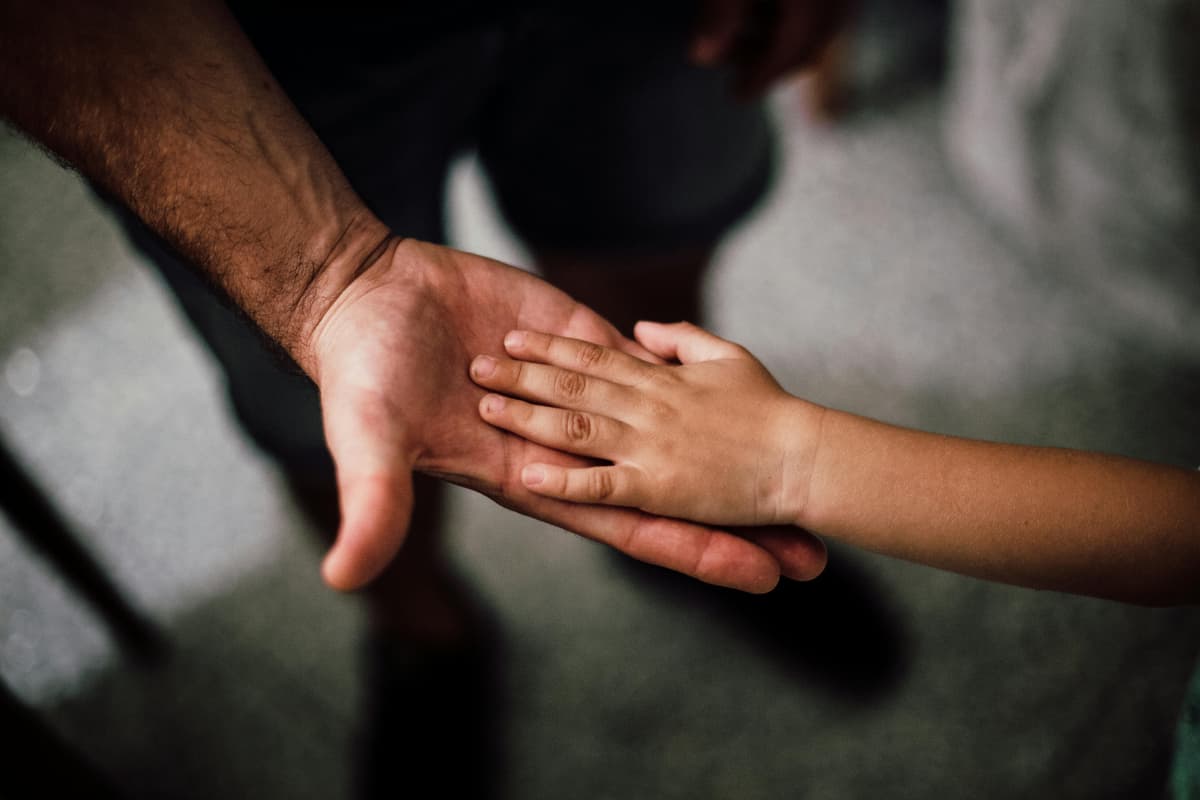
When catastrophic events such as natural disasters, mass shootings, or acts of violence unfold, children can be left feeling confused, scared, and stressed. Understanding that children respond differently to such situations is crucial. Today, we’ll explore strategies for effectively handling and supporting children as they process these tragedies.

Children respond in various ways to tragedy, and their reactions can be influenced by a range of factors, including their developmental stage, temperament, cultural background, and previous exposure to traumatic events. It’s important to recognize that children are resilient, but they also require guidance, reassurance, and opportunities to express their emotions in healthy ways when faced with difficult circumstances.
Tragedy responses may include the following:
By understanding these different responses, caregivers and educators can properly identify the signs of distress and provide appropriate support to help children navigate through these difficult times. These responses to tragedy are normal – however, if they persist for a long period of time, it’s important to reach out to a trained professional.

Being sure that children are seen and heard in a safe environment is key in coping with a tragedy. Starting off discussions in a home or familiar environment is ideal. It also begins with acknowledging the sensitivity of the topic and recognizing the potential impact it can have on children. Establishing an atmosphere of trust and openness is crucial, where children feel comfortable expressing their thoughts and emotions without fear of judgment. Addressing any questions in a way that is easy for children to understand, while also offering reassurance and verbal support.
Spending quality time together further reinforces your availability and support for the child. Employing various methods like offering toys or engaging in creative activities promotes a sense of safety and helps children understand their feelings better. Positive interactions with friends and family also contribute to a child’s assurance and well-being.
Keep in mind that children cope with tragedy in different ways; some children may want to spend time with loved ones, while others want to be alone. Understanding these supportive approaches collectively aid children in navigating through difficult circumstances with comfort.
Considering your child’s age is a key factor in how you communicate. For younger children, using gentle language and maintaining a calm demeanor can help convey information in a way that is easily understandable and less overwhelming. It’s essential to have a listening ear and demonstrate your availability to address any concerns that may arise.
As children grow older, engaging in open and honest discussions becomes increasingly important, allowing them to express their thoughts and feelings while receiving appropriate guidance and support.
Regardless of age, being present and attentive to your child’s needs creates a safe space for them to navigate challenging topics with confidence and trust. Following up after each conversation can help facilitate and validate how the child feels about the tragedy. Furthermore, being patient with the child shows that there is no rush in the time frame when it comes to healing.

Coping skills can help relieve children who are feeling stressed or anxious about the tragedy. Implementing breathing exercises, such as the box breathing technique, can help a child calm down if they are experiencing anxiety. Encouraging your child to journal, practice mindfulness and limiting media exposure are all toolkits that can help your child’s mental state.
Staying active can boost the child’s mood, and engaging in activities such as biking, playing games, or even going for a walk are all healthy coping skills. Reading a book, drawing, and listening to music are also effective coping skills. Catering to your child’s likes and interests and turning them into hobbies can help tremendously.
Remember, by prioritizing both your child’s and your own mental health, you can navigate through difficult times with strength.

Hot tubs have long been a source of relaxation and social gathering, providing a warm and soothing escape from the stresses of everyday life. However, the relationship between hot tub usage and pregnancy has been a topic of concern and curiosity for many. As expectant parents seek to ensure the health and well-being of their …

Navigating the food landscape for individuals with autism presents formidable challenges. These challenges are compounded by food aversions, sensory sensitivities, and behavioral complexities that can make the simple act of making or ordering food a lot more difficult. Expert research underscores prevalent issues such as tantrums, extreme food selectivity, and nutritional deficiencies among those on …

Milia – small, white bumps that appear on the skin – can be a cause of concern for many people. These bumps are technically cysts, and they form under the surface of the skin. According to the Cleveland Clinic, about 40% to 50% of U.S. newborns have milia. While they are typically harmless and go …